Remote Work Policies and Legal Pitfalls: What Colorado Employers and Employees Should Know in 2025
Navigating Colorado's Remote Work Laws: Essential Legal Insights for Employers and Employees in 2025

The landscape of remote work continues to evolve in 2025, presenting both opportunities and challenges for Colorado employers and employees. As companies adapt to flexible work environments, it’s crucial to stay informed about the state’s legal requirements and potential pitfalls. Whether you're an employer drafting remote work policies or an employee seeking to understand your rights, knowing the legal landscape is essential.
At Mitchiner Law, we’re here to guide you through the complexities of remote work laws in Colorado.
Colorado-Specific Legal Requirements for Remote Workers
In Colorado, remote work policies must comply with both state and federal regulations. Employers need to ensure they are adhering to the following requirements:
- Wage and Hour Compliance: Remote employees are entitled to minimum wage and overtime under Colorado law. Employers must accurately track hours worked, even from home.
- Expense Reimbursement: Colorado law may require employers to reimburse remote workers for necessary business expenses, including internet and office supplies.
- Workplace Privacy: Under the Colorado Workplace Privacy Law, employers must notify employees if monitoring software is being used. Transparent policies help avoid legal issues.
Failing to comply with these requirements can result in fines and legal disputes, making it essential for employers to develop clear, compliant remote work policies.
Common Legal Issues in Remote Work
The shift to remote work has introduced new legal challenges. Here are some of the most common issues faced by Colorado employers and employees:
1. Monitoring Software and Privacy Concerns
With the rise of remote work, many employers use software to monitor productivity. However, Colorado law requires transparency and consent when implementing such software. Employers must inform employees about the nature and extent of monitoring to stay compliant.
2. Misclassification of Remote Employees
Misclassifying remote workers as independent contractors can lead to legal issues. Colorado law provides strict criteria to distinguish employees from contractors. Misclassification can result in back wages, penalties, and benefits liabilities.
3. Wage and Hour Compliance
Tracking hours worked remotely can be challenging. Employers are required to maintain accurate records of time worked, including breaks and overtime. Failure to comply with wage and hour laws can result in costly disputes.
What Employers Must Include in a Compliant Remote Work Policy
To protect against potential legal challenges, Colorado employers should ensure their remote work policies include:
- Clear Definitions: Specify who is eligible for remote work and under what conditions.
- Monitoring Guidelines: Clearly outline any monitoring practices, including software used and data collected.
- Expense Reimbursement Policies: Detail which expenses will be reimbursed and the process for submitting claims.
- Timekeeping Procedures: Provide clear instructions for recording hours worked to ensure wage compliance.
- Privacy and Data Protection: Outline how employee data will be protected and how monitoring will be conducted lawfully.
Having a well-structured policy not only ensures compliance but also fosters trust between employers and employees.
Steps Employees Can Take if Rights Are Violated
If you believe your rights as a remote worker have been violated, you have options:
- Document the Issue: Keep records of any incidents, including communications and evidence of non-compliance.
- Consult an Employment Attorney: A legal professional can assess your case and advise on next steps.
- File a Complaint: Depending on the nature of the violation, you may need to file a complaint with the Colorado Department of Labor and Employment (CDLE).
If you’re facing workplace violations related to remote work, reach out to Mitchiner Law, the best employment lawyers in Denver, for guidance.
How Mitchiner Law Helps Employers and Employees Navigate Remote Work Changes
At Mitchiner Law, we understand that navigating the evolving landscape of remote work can be daunting. Whether you’re an employer seeking to develop compliant policies or an employee concerned about your rights, we can help.
Our team of experienced employment attorneys in Denver specializes in:
- Drafting and reviewing remote work policies
- Addressing workplace privacy concerns
- Ensuring wage and hour compliance
- Protecting employees’ rights in remote work settings
As remote work continues to shape the future of employment, it’s essential to stay proactive and informed.
Contact Mitchiner Law today for expert advice on remote work laws in Colorado.











